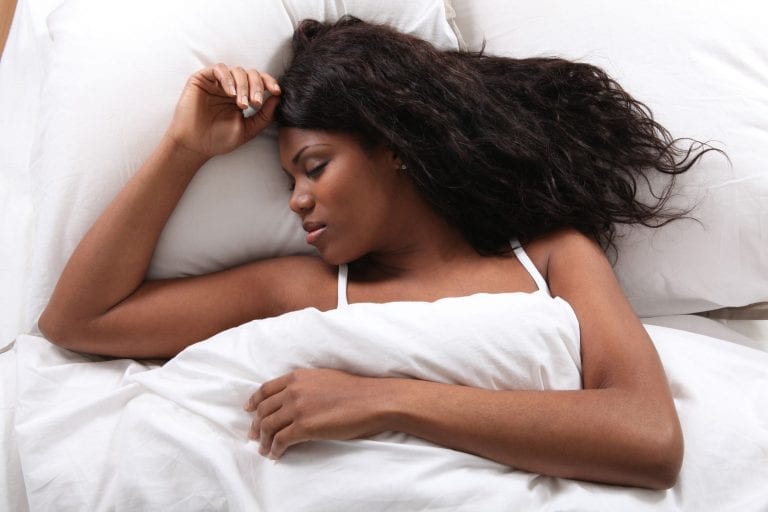Baby’s here and as you’re settling into nursing you feel cramping again—as if your body is still trying to labor. What’s up with that?
These cramping pains are called afterpains and they’re normal. In the days after birth, the muscles of your uterus continue to cramp as they contract down over the vessels where the placenta was attached, helping the uterus return to its normal, non-pregnant size. This is a good thing because a firm, toned uterus after baby’s birth helps control how much you may continue to bleed.
Afterpains are usually strongest in the first few days after birth but may be present for a week or so. If this is your first baby, you might not feel them at all or they may be mild.
Your girlfriends may have told you these afterpains are definitely stronger with a large baby, multiple babies or with each subsequent pregnancy. That’s true! Your uterus may have stretched more, or more often, and it’s working harder to stay firm and return to normal size.
Your Shrinking Uterus
It can take up to 6 weeks for your uterus to return to normal, and your healthcare provider will check it’s size at your 6-week postpartum visit.
You may also notice increased cramping while breastfeeding. This is a natural breastfeeding benefit and a great cue that baby is sucking well enough to release the hormone oxytocin, the same hormone that caused your uterus to cramp and begin labor. Now, that same hormone is working to help the uterus firm and shrink.
If the cramping doesn’t ease over time, or it gets more intense with increased bleeding, call your nurse as you could have an infection or need care.
Manage Afterpains
- Breathe—the same breathing and relaxing techniques you used during labor and birth will help with post-birth discomforts too
- Rest—we often experience discomfort even more so when we’re tired. During these early days after birth, try to rest when possible—sleep when baby sleeps. Keep visitors away until you’re recovered, keep the lights low and your favorite mellow tunes on.
- Empty your bladder—a full bladder can make cramping worse. Help your body release the extra fluids from pregnancy by drinking more and releasing more fluid. Expect to have to go frequently.
- Get comfortable—try lying on your stomach with a soft pillow tucked up close to your tummy. If you’ve had a cesarean, lying on your side with abdominal support may be more comfortable when you’re cramping. A warmed rice sock can also help and is preferred to a heating pad, in case you fall asleep.
- Use pain medications—you received them just for this reason. Of if you don’t want something quite that strong, try ibuprofen. You’ll feel better and be able to enjoy your baby and nursing. Let your nurse know if the medications you’re using aren’t providing enough relief.






Comments are closed.